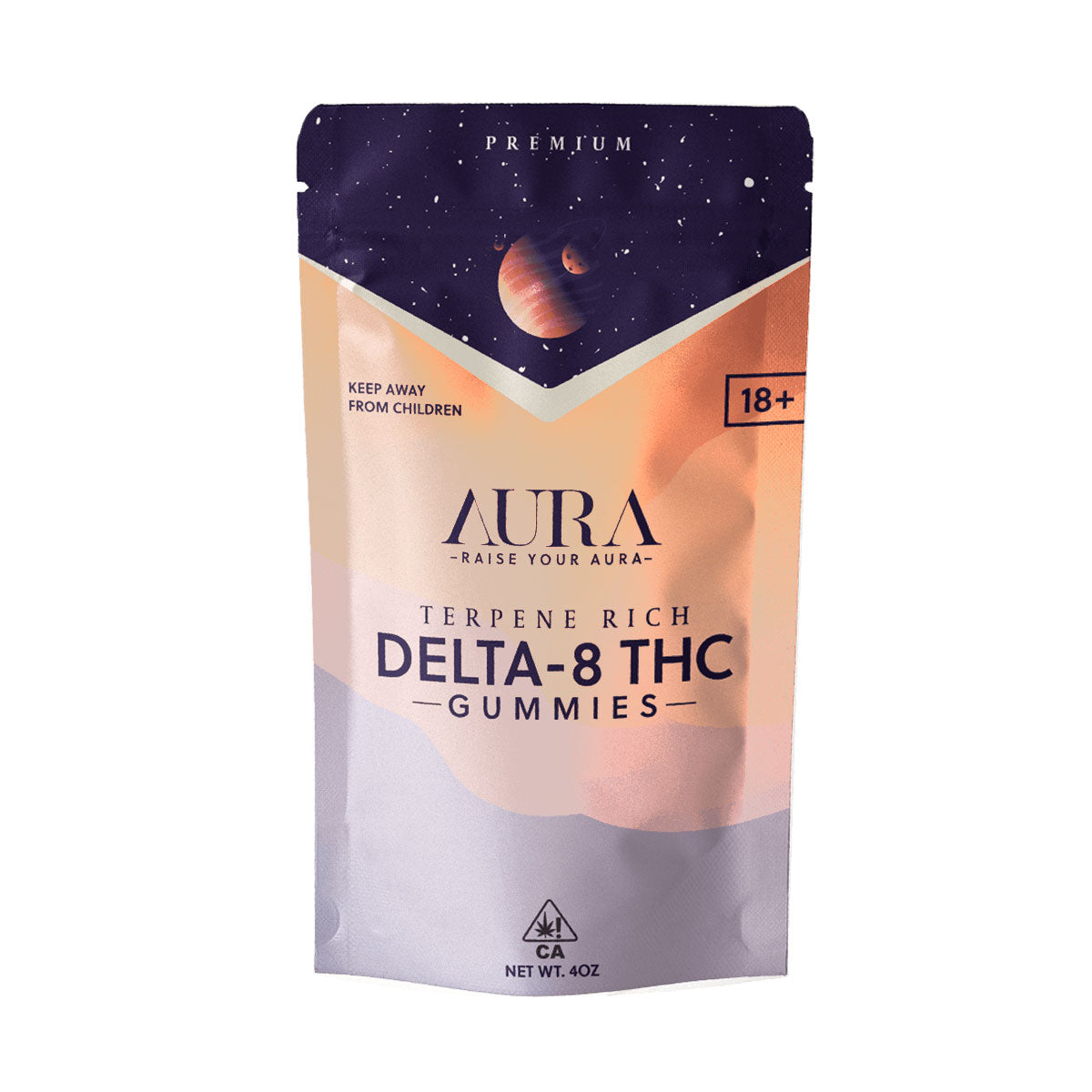Have You Heard About Cannabis Oil?

Cannabis oil is the nutritional oil made from pressing hemp seeds and is used as a food, not a medicine. This is why cannabis oil is not to be confused with hemp seed oil.
Medicinal cannabis oil is made by amassing a huge number of cannabis leaves from female plants, using a solvent to remove some or all of the THC, and boiling off the extra water to bring out a rich, gold, or brown-colored concentrate. The final product may have little or no THC, the chemical responsible for getting people “high”, depending on who is making the product.
Science has not yet discovered all of the hundreds or thousands of cannabis phytonutrients that are behind the healing results of cannabis oil, however, one of the key ones is CBD (Cannabidiol).
It’s no wonder that CBD is being studied globally as people are starting to realize its extraordinary recovery benefits. Much scientific research has proven that CBD is a completely powerful painkiller – specifically for peripheral neuropathy related to diabetes, arthritis, multiple sclerosis, and cancer.
CBD is especially remarkable as it suppresses and prevents inflammation. This means it is both a healing and preventative all-natural medicine. Chronic low degree inflammation, as you may know, is the unknown reason for much pain and many diseases, so the capability for cannabis oil to help a lot of people is immense.
Cannabis, Hemp, and Marijuana: Are They All The Same?
First and foremost, let’s clarify some definitions. Hemp and marijuana are both variations or subspecies of Cannabis sativa while Cannabis is the species and plant itself. Weed is a commonly used slang term for marijuana but it’s actually a Spanish slang term meaning “Mary-Jane”.
Compared to hemp, Marijuana is simply considered to have a higher THC content. One of the unique phytonutrients or plant chemicals of cannabis is THC (Tetrahydrocannabinol). Nevertheless, both marijuana and hemp contain different cannabinoids, a class of chemicals that starts up cell membrane receptors.
We hope this helps you better understand cannabis oil and you can pick your first cannabis product by visiting The Evolution of Healing. You are welcome to view our wide selection of tinctures here.
FREQUENTLY ASKED QUESTIONS
CBD capsules, pills or softgels support your body’s Endocannabinoid System (ECS), which helps regulate your natural inflammatory response, stress response, immune function, and sleep cycle so you can better manage stress, burnout, irritation, and discomfort.
Each form of CBD takes a different route through your body, impacting how long it takes to interact with your Endocannabinoid System (ECS) and how long it takes to work varies depending on a combination factors: metabolism, weight, and whether you've recently eaten can influence how long it takes CBD capsules to take effect. It is important to note that CBD builds up in the body over time, meaning that committing to your daily suggested amount is key to the long-term success with your CBD product of choice. Try taking the recommended amount on the packaging for 30 days. You can always adjust the amount as needed — you know your body best.
Understanding the suggested amount of CBD for you starts with understanding how CBD interacts with the body and brain, and particularly with the Endocannabinoid System, also called the ECS. To learn more, checkout How Long Do CBD Capsules Take To Work?
CBD capsules and CBD softgels are best taken at a consistent level for you to understand what works best for you — you know your body best. Try starting with the recommended amount on the packaging, and monitor how you feel over the next 30 days. If you aren't satisfied with the results, try gradually increasing or decreasing the number as needed.
Selecting a CBD product is an individual decision based on your overall wellness goals. CBD capsules are easy-to-swallow pills similar to a vitamin so you don't need to guess how much to take. CBD oils, such as tinctures, commonly use carrier oils including olive oil or medium-chain triglyceride (MTC) from coconut or hemp seed oil which might not taste good. And let's face it, oils are a little messy, and measuring out a precise amount from a small bottle with a dropper might not be an easy task. Unless the CBD in a CBD oil has been optimized for bioavailability, CBD oils won't be absorbed by the body and all the benefits may not be felt.

